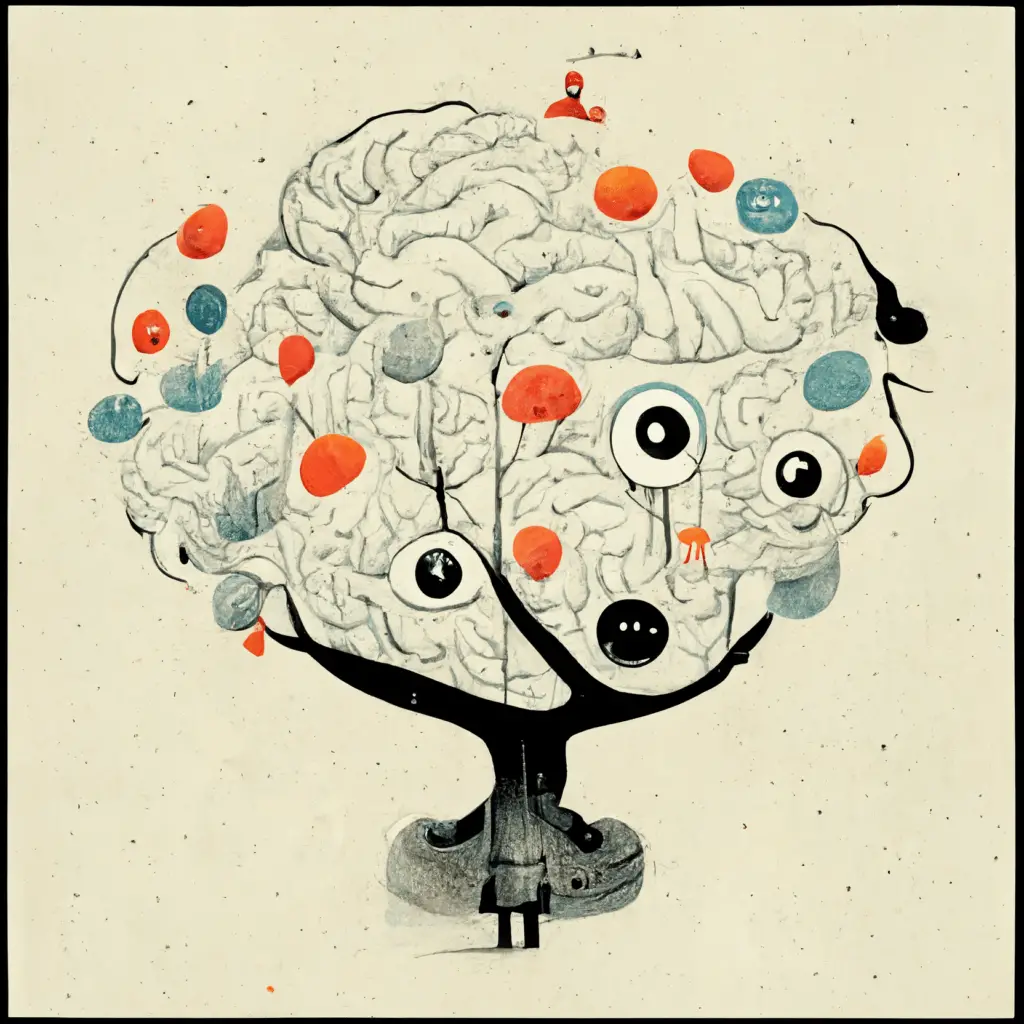
Intermittent reinforcement is a when a reward or punishment is given on an uneven schedule, rather then every time the desired (or undesired) response is performed. When the reward or punishment is given every time, it’s called continuous reinforcement.
Think of giving candy to a baby every time it stops crying. That would be continuous reinforcement of creating a very chubby cute baby. But instead, if you occasionally gave it candy instead, the results would be quite different and would be considered intermittent reinforcement. In fact, this latter kind of conditioning has shown to be even more effective in the long run for experiments in behavior change.
Also, think of gambling and especially slot machines. They’re famous for using intermittent reinforcement to keep gamblers hooked and spending their life savings on making Las Vegas mafiosos ever richer.
Intermittent Reinforcement: A Ticket to Mystery Land
Intermittent reinforcement, in the world of psychology, is like a roller coaster ride where one never knows when the next thrill will come. It’s an unpredictable adventure that keeps people on their toes, much like a suspenseful movie plot that keeps everyone guessing.
The Four Flavors of Intermittent Reinforcement
Just as a box of chocolates offers a variety of flavors, intermittent reinforcement comes in four distinct types: fixed ratio, variable ratio, fixed interval, and variable interval schedules. It’s time to explore these delightful varieties.
Fixed Ratio: The Assembly Line Worker’s Dream
Imagine working in a toy factory, where a worker gets a reward after assembling a specific number of toys. This type of reinforcement is called fixed ratio, as the reward is provided after a set number of responses. The more toys assembled, the more rewards earned, making for a highly productive worker!
Variable Ratio: A Fisherman’s Tale
Picture a fisherman who never knows how many casts it will take before catching a fish. This is an example of variable ratio reinforcement, where the number of responses needed to get a reward is unpredictable. It’s like a game of chance, where persistence often pays off.
Fixed Interval: The Patiently Waiting Bus Rider
Fixed interval reinforcement occurs when a reward is given after a set amount of time has passed. Imagine a bus rider who knows that the bus arrives every 15 minutes. No matter how many times they check their watch or look down the road, the bus won’t come any faster. The reward of catching the bus is fixed to a time schedule.
Variable Interval: The Surprising Pop Quiz
Lastly, there’s variable interval reinforcement, where rewards are provided after a varying amount of time. Think of a student who never knows when the next pop quiz might be. The unpredictability of the quizzes keeps them constantly studying and prepared.
Examples of Intermittent Reinforcement: From Social Media to Dog Training
Intermittent reinforcement is everywhere, from daily life to professional settings. Here are some examples that might surprise you:
- Social media “likes” and comments can act as rewards, causing users to frequently check their accounts for validation, making it an addictive experience.
- Salespeople may receive a commission based on how many products they sell, which is an example of fixed ratio reinforcement.
- Dog training often involves variable ratio reinforcement, where the dog is rewarded with treats or praise at random intervals, creating a stronger behavior.
Intermittent Reinforcement: The Secret Sauce for Lasting Behavior Change
One of the greatest advantages of intermittent reinforcement is its ability to create long-lasting behavior change. This magical effect is known as the “resistance to extinction.” When rewards are given unpredictably, the learned behavior tends to stick around, even when the reinforcement stops.
For example, a child who receives praise for their good behavior every once in a while will continue to behave well, even if the praise becomes less frequent. On the other hand, a child who is praised every single time might stop behaving well once the praise stops.
Closing Thoughts: The Power of the Unpredictable
Intermittent reinforcement is a fascinating concept that highlights the power of unpredictability in shaping human behavior. Whether it’s slot machines, social media, or even dog training, this form of reinforcement can create lasting effects that keep individuals engaged and motivated.
Remember, life is full of surprises, and sometimes it’s those unpredictable moments that make it all the more interesting!




